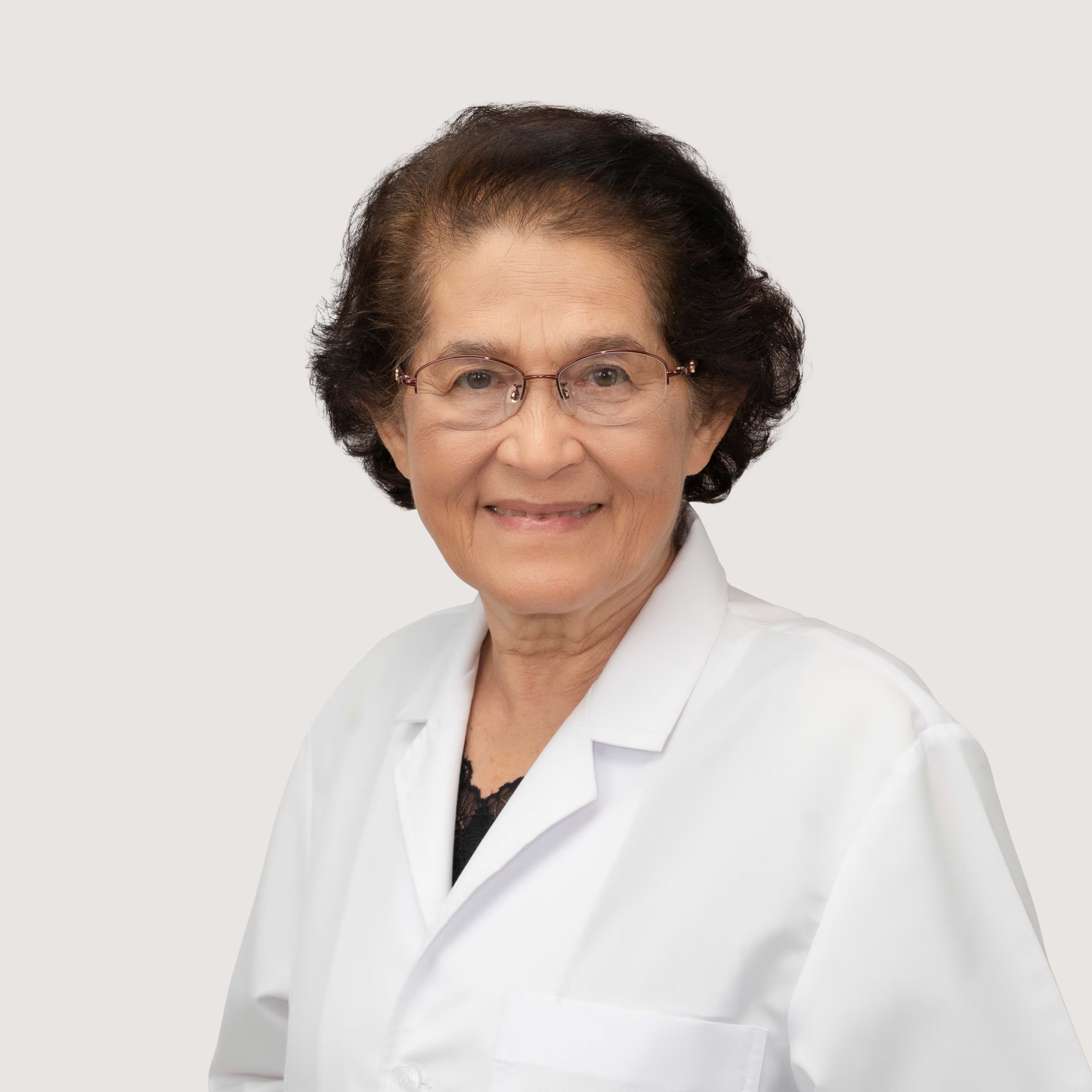9 Pregnancy Myths Expectant Mothers Should Know
Many expectant mothers are still bound to long-standing beliefs passed down through generations or widely shared on the internet. These myths often involve dietary restrictions, daily activities, or even rituals believed to influence the well-being of both mother and child. While seemingly harmless, such misconceptions can lead to misguided behaviors. MedPark Hospital seeks to dispel these uncertainties by providing insights from medical specialists.
Is it true that pregnant women should not undergo X-rays?
The answer is: It depends on the individual case.
For pregnant women requiring diagnostic evaluation of internal organs, doctors often recommend alternatives such as an ultrasound, which uses high-frequency sound waves, instead of X-ray imaging, because X-rays can potentially affect the developing fetus. The degree of risk depends on three main factors:
- Gestational age at the time of exposure – The first trimester is the most critical period, as fetal organs are forming, and radiation exposure poses a high risk.
- Area of the body under examination – Imaging of the abdominal or pelvic region carries a higher risk of direct harm to the fetus, compared with X-rays of the extremities or chest.
- Radiation dose administered
Ultimately, the decision rests with the doctor, who should carefully weigh the necessity of the X-ray against the associated risks unique in each case. It is not possible to definitively say whether an X-ray examination or exposing the fetus to radiation is permissible.
Can daily cow’s milk consumption during pregnancy cause allergies in babies?
The answer is: There is no definitive evidence.
Many expectant mothers increase their milk intake during pregnancy to strengthen their bones, nourish their bodies, and support the baby’s growth. Calcium requirements rise significantly during pregnancy, reaching approximately 800 milligrams per day. A single can of fortified milk typically provides about 300–400 milligrams of calcium, making milk a practical source to help meet these increased nutritional needs.
There is a common belief that cow’s milk contains substances that trigger allergic responses during pregnancy, which may then be passed on to the fetus and result in cow’s milk allergy after birth. However, other factors also influence the development of allergies, such as genetics. If there is a family history of cow’s milk allergy, intolerance to certain foods, or other allergic conditions, the child may have an increased risk of developing allergies as well.
Therefore, it remains unclear whether high maternal consumption of cow’s milk during pregnancy directly causes cow’s milk allergy in the baby. What is certain, however, is that adequate calcium intake is essential during pregnancy. Expectant mothers should consult their doctor for personalized nutritional planning.
Can collagen consumption promote faster healing after C-section surgery?
The answer is: No, it does not.
Collagen is a long-chain protein found in the skin and various tissues. It is broken down into amino acids when ingested, much like other dietary proteins, which can aid in tissue repair; medical evidence shows that consuming collagen does not directly accelerate wound healing.
To promote faster recovery, a balanced diet with adequate protein and sufficient hydration is recommended. In some cases, doctors may also suggest supplementation with some vitamins and minerals, such as iron and vitamin C, to support the healing process.
Is it true that pregnant women should avoid facial laser treatments?
The answer is: Yes.
From a medical perspective, there is currently no clear evidence regarding whether skin laser treatments can or cannot affect the developing fetus. For this reason, doctors do not recommend undergoing laser procedures during pregnancy.
Is it true that pregnant women should avoid rhinoplasty?
The answer is: Yes.
Undergoing cosmetic surgery during pregnancy is usually not recommended. Surgical procedures typically require local anesthesia and sedatives, which can affect the developing fetus. Additionally, postoperative medications such as antibiotics and pain relievers may also pose risks to the baby.
Do cats increase the risk of fetal death during pregnancy?
The answer is: Yes.
Cats carry a parasite called Toxoplasma gondii, which can infect humans through contact with cat feces. Suppose expectant mothers do not wash their hands properly before preparing meals. In that case, the parasite can enter the digestive system, reach the placenta, and infect the developing fetus, potentially leading to a severe infection. Infection during the first trimester carries a high risk of miscarriage, while infection later in pregnancy may not result in pregnancy loss but can still harm the baby and may cause congenital disabilities affecting developing organs.
For this reason, maintaining strict hygiene is essential, especially in households with cats or other pets. Pregnant women should always wash their hands thoroughly before handling food or eating.
Is it true that pregnant women should avoid massage?
The answer is: It depends on the individual case.
Massage during pregnancy should involve techniques and equipment specifically designed for expectant mothers. However, in cases where the mother has complications such as threatened miscarriage, placenta previa, or deep vein thrombosis, massage should be strictly avoided, as it may exacerbate these conditions and pose significant risks.
Is it true that taking pain relievers such as paracetamol during pregnancy can cause ADHD in children?
The answer is: No.
Paracetamol is a standard medication commonly used to relieve pain and reduce fever. There is no medical evidence indicating that its use during pregnancy is associated with attention-deficit/hyperactivity disorder (ADHD) in children. Therefore, pregnant women experiencing pain can safely take paracetamol.
Is it true that drinking cold water during pregnancy can make the baby feel cold?
The answer is: No.
Whether a pregnant woman drinks hot or cold water, her body regulates the temperature to maintain a consistent 37°C. As a result, the temperature of the food or drink consumed does not affect the fetus. Drinking cold water will not make the baby feel cold.

These examples highlight prevalent misconceptions and beliefs found online, many of which lack scientific support. If expectant mothers have further concerns, they should consult a specialist or their prenatal care doctor to receive accurate information and ensure proper health management throughout pregnancy.


























